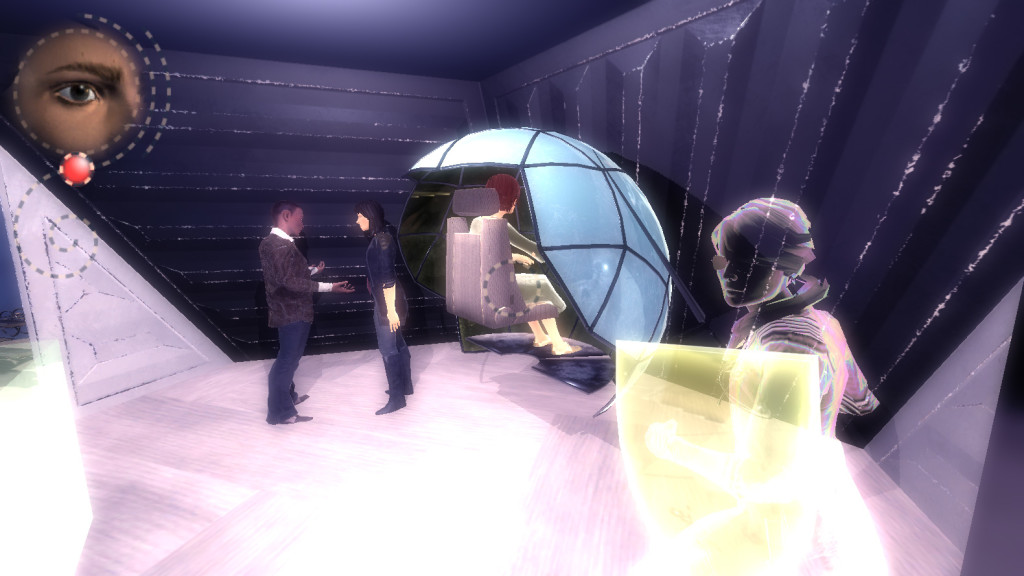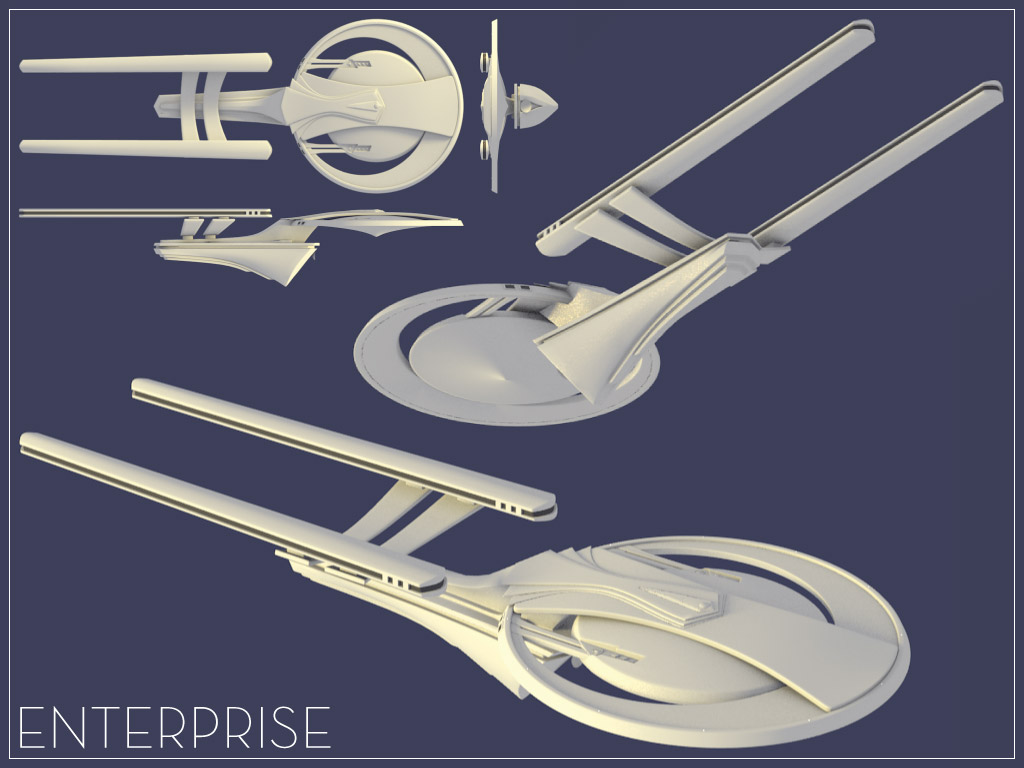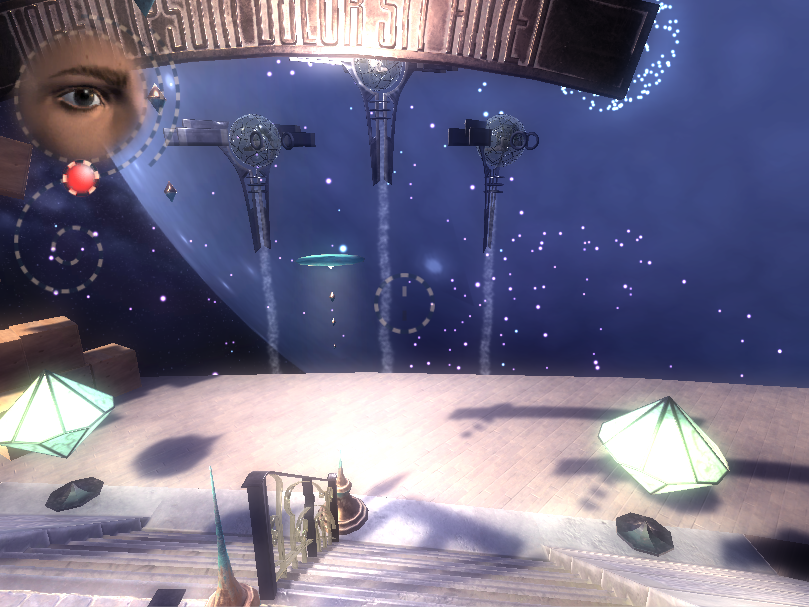I think it’s safe to say that progress on Tinselfly is going faster now than it ever has before. It’s a great feeling. I’m working hard to get things ready for IndieCade east at the end of the month, and while I’m enjoying this burst of energy, I find myself wondering how to keep up this level of productivity after IndieCade has passed.
IndieCade is not making me more efficient, and there’s no reason my energy has to drop once it’s over. I’m changing my habits in response to this looming deadline and that’s making me more efficient. So… what are those habits? How do I hold on to this?
* * *
A big part of this, or course, is time. I’m canceling obligations wherever I can to make more room for this project. And that’s definitely something I’m not willing to do for long periods of time. But there are certainly things I’m dropping — tv shows, finishing this or that video game — that I simply don’t miss. I’m kind of getting a clearer picture of what I want to be doing with my time in general.
* * *
Another big part of this effort is getting rid of unnecessary work.
A few years ago, I entered this contest to design a new starship Enterprise for Star Trek Online.
It was going kind of slow, until I realized I was looking at my deliverables wrong. I was not here to make a spaceship. I was here to make an image of a spaceship, and more precisely, a bitmap image with fixed maximum dimensions. Sure, I could zoom in my 3d modeling program and see glaring imperfections in my design, but anything I did that did not make that final image look better was a waste of my time. The contest judges were not going to see my model.
So similarly, when there’s a deadline looming, I’m more likely to judge my game textures and models based on how they look in-game, not how they look in my editing software. This is not me reigning in being a perfectionist so much as defining perfection in more practical terms. I am trying to make my game perfect — not my models or textures.
* * *
Which is not to say that I’m getting everything looking and feeling perfect in-game, either. With a deadline approaching, I’m more likely to stop work on a particular task once the results are merely good.
And you know what? I hardly every find myself wanting to go back and change one of those ‘merely good’ assets. Declaring an asset or scripted event adequate isn’t just about accepting incomplete work — it’s about putting some distance between myself and the work. And once I’ve got some distance, I’m less critical of it.
* * *
I’ve been automating my process a bit lately, and I should do more of that.
Last week, it took me about half an hour to import a new character into my game. It was tedious, error-prone work. So I wrote a script to do a lot of the setup for me, and can drop a character in the game in about five minutes now.
* * *
Lastly, when I’m pressed for time I find myself more willing to find unique solutions to problems.
A while ago, I was working on some animated planes that flew by as you started the game. And I wasn’t really happy with how fast and dramatic they looked.
So I fixed the look of the planes… by adding sound. Once the planes made sound passing by — with some exaggerated Doppler effect added in — they felt impressive and fast and, yes, they looked better.
I’m more willing, when pressed for time, to start looking at new ways to solve problems instead of beating my had against my whatever solution I chose first. I was focusing too much on visuals here, and had to remember I’m creating an experience — which involves sight, sound, the game reacting to the player and the player interacting with the game. If the experience feels incomplete, chances are, I’ve been neglecting one of those four parts of my presentation.


